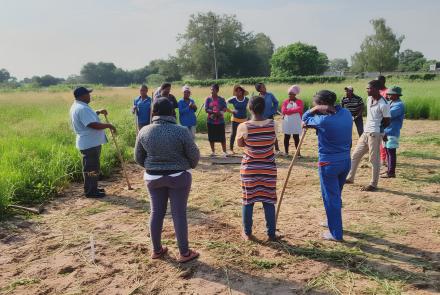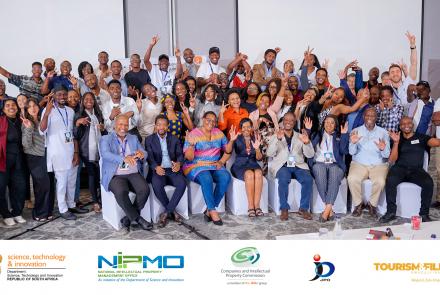Fourth UNESCO Research Chair launched at NUST
…Where Culture Meets Technology
“Indigenous communities are not only recipients of technology; they are architects of it.” With these powerful words, Hon Dino Ballotti, Deputy Minister of Education, Innovation, Youth, Sports, Arts and Culture (MEIYSAC), set the tone at the official launch of the UNESCO Chair in Digital Technology Design with Indigenous People, held at NUST.
At the core of this groundbreaking initiative is what Ballotti described as “CUL-TECH” the fusion of culture and technology. Under the leadership of Prof Heike Winschiers-Theophilus, the Chair focuses on human-computer interaction research that empowers Indigenous communities to preserve, shape, and share their cultural heritage on their own terms. “Without their active participation in the design, development, and governance of AI systems, we risk perpetuating existing inequalities,” remarked Prof Colin Stanley, Acting Deputy Vice-Chancellor for Research, Innovation and Partnerships.
This Chair marks a significant departure from traditional top-down innovation models. Prof Heike highlighted that instead of creating technology for communities, her and her team are co-creating with them ensuring that each solution is inclusive, ethical, and firmly grounded in cultural identity.
The impact is already tangible in communities like Otjisa and Donkerbos. “We were starting to forget our culture,” shared Uariaike Mbinge, a community elder from Otjisa. “Prof Heike and her team helped us use technology to keep our culture alive.”

What makes this initiative even more remarkable is the depth of its collaboration. Community members have co-authored peer-reviewed journal articles alongside NUST researchers, embodying the true spirit of co-creation and research equity.
As the fourth UNESCO Chair hosted at NUST, out of the five in Namibia, this initiative reinforces the university’s commitment to inclusive innovation, cultural preservation, and global leadership in ethical technology design.





